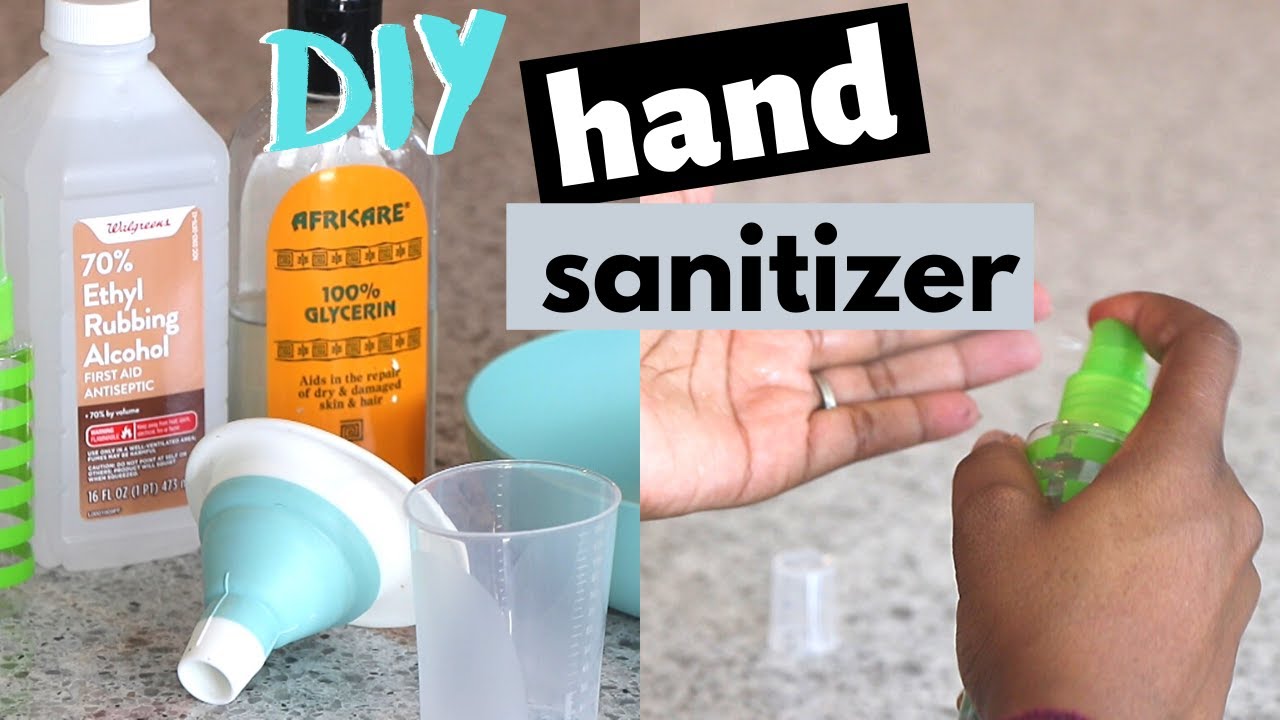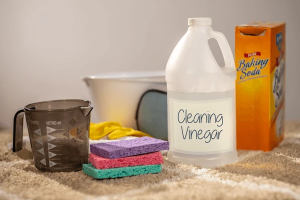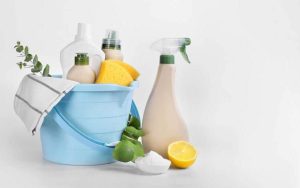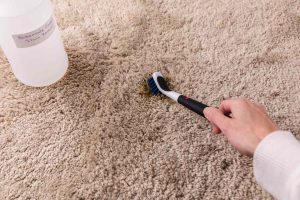In today’s age and time maintaining the hygiene of your dwelling and workplace is of utmost importance. Be it staying home or moving out, regularly disinfecting high-touch surfaces can certainly help avoid harmful bacteria as well as viruses, thereby protecting you and your loved ones. Perhaps, it seems more suitable to purchase pre-packaged versions but have you ever considered producing your own disinfectant? Not only is homemade disinfectant advantageous it gives you the opportunity to determine what components are present in your cleaning supplies. More often than not, it is eco friendlier and easier on your pocket too. Here is a useful and effective recipe of a spray that could suit your disinfection requirements.
Equation is quite simple understand the active components and benefits of a do it yourself disinfectant spray.
Disinfectant spray can be tailored to meet the needs of individual parts as such it is better to fashion them on your own. In many do it yourself options, plain ingredients like water, vinegar and rubbing alcohol are utilized. Each ingredient has its own specialty which may benefit the purpose.
Vinegar is commonly known to possess slight antibacterial qualities, therefore it would not be a surprise to see that vinegar is indeed very useful in removing dirt or even some form of bacteria.
However, when reluctantly sniffing and or drinking is not an option, rubbing alcohol is the best option. The perfect concoction is a mixture that has at least 70% alcohol in it as a result this can effectively kill off germs on various surfaces.
A combination of organs, nerves, and various functions makes up the human body. Maintaining the body in a fit condition is an aspect every individual should actively consider. Having a proper diet and regular workouts is insufficient to safeguard one’s health. Professional cleaning products should help in that case, with a reinforced cleaning power to swiftly eradicate dangerous germs and bacteria. At this time, all surfaces are wet, there is a fresh scent of tea tree oil diffused in the air, however. That would be correct, why put your trust in rough chemicals when you can use gentle lavendar or tea tree oil which have proven antimicrobial characteristics.
Now in essence, if you want a satisfactory disinfectant spray that not only suits your smell but is also strong enough to do the job, you should integrate these oils in the product. Also considering how additives are a precaution to utilizing too many harmful chemicals in your home cleaning while allowing you to change the fragrance to your liking, this seems like a win win situation.
Now, from how to prepare it, the first step is getting all of your requirements together. You are going to need, rubbing alcohol or white vinegar, your preferred essential oils and a spray bottle. Once you gather the supplies, you should get started with the base by mixing, vinegar and water or rubbing alcohol if you mingling with sounds too rough for your ears. Finally, to add an Aboriginal touch of aroma, tea tree or lavender oil would come in handy. After pouring the mixed solution into the spray bottle, try shaking the bottle prior to every use to evenly distribute the ingredients.
Take care to properly label your bottle to avert cases of mistaken identity. Take the bottle to a dark place, away from direct sunlight, and store it there in order to save its usefulness for a lengthy period of time.
Possible substitutions and fluctuations of components to have other purposes
For DIY sprays, there’s absolutely no one size fit all — depending on your needs or items available at home, you can opt for different components as ingredients.
You can make use of essential oils like tea tree oil or lavendar oil which won’t just help in neutralizing the odor, but impart a pretty good aroma owing to its antibacterial properties.
Another great weapon in combating germs is hydrogen peroxide – ensure to store it in a dark opaque container to maintain its power.
In case you need something that is stronger than vinegar, be cautious when using it since although effective on some pathogens, it can be destructive to surfaces like marble.
Finally, mix lemon juice and water for a mouth watering food while at the same time averting any harmful components. It also gets rid of any odor and grease.
Consider experimenting with various ratios until you discover the correct combination.
How to store and use the spray efficiently
For achieving the best effectiveness out of DIY disinfectant, proper storage is important. To store your DIY disinfectant spray in a dark and cool place, consider using a colored glass bottle. Being exposed to sunlight would cause the spray to degrade over time. The first step in organizing your bottles should be labeling each bottle with its contents and the date it was made.
Make it a habit of shaking the spray bottle before use – there are liquid particles present that need to be mixed before the spray can be effective. All active ingredients contained in the spray need to be mixed properly otherwise it won’t be effective.
It is important to apply the solution on frequently used items such as light switches, doorknobs and counters. After applying the solution on the item, it is best to wait before wiping it for better results. The solution’s ability to kill germs is directly proportional to the amount of time it is left on the surface.
It is best to stay away from heat sources as it might affect the solution’s effectiveness. You should consistently make an effort in examining the smell/sight of the product as if the smell and appearance has altered, it is likely that the product has gone bad.
Compare the cost savings and effectiveness of store bought disinfectants
One can easily spot the differences between the disinfectant sprays available at the store and the ones they can create at home. Most times store brands are pretty costly and contain uncommon ingredients. Creating your own solution allows you to have full control of ingredient selection.
Cost is definitely an important factor. Some common disinfectant such as vinegar, alcohol or essential oil can be made more cheaply and be reproduced in greater numbers. This not only helps reduce the expenditure of purchase but also minimizes the amount of waste produced.
There is also the worry of harsh and toxic chemicals which one is likely to find in commercial sprays. This does allow a proper mix to be custom made for individual needs but without losing on the necessary degree of safety and efficacy. There is also an opportunity to make an impact by preparing your homemade recipes instead.
Conclusion remarks: Safety and hygiene is sadly ignored and not accorded the due importance and focus which it should be given in every day life.
In today’s world where hygiene is stressed, cleanliness is equally important in safeguarding one’s health. Regular disinfection minimizes the chances of bacterial and viral infections due to the lesser number of germs on the surfaces. Using homemade sprays allows one to control the contents of commercial disinfectants and at the same time save money
Safety is the key factor when using cleaning agents, everything else is secondary It is also important to make safe cleaning agents by locking them away from children and pets. When it comes to peace of mind and hygiene, cleanliness is essential and cannot be stressed enough.
Maintain consistent application of disinfectants on surfaces so you and others stay protected as well. Putting cleanliness and safety first will ensure that it is a safer environment for the parties concerned.




